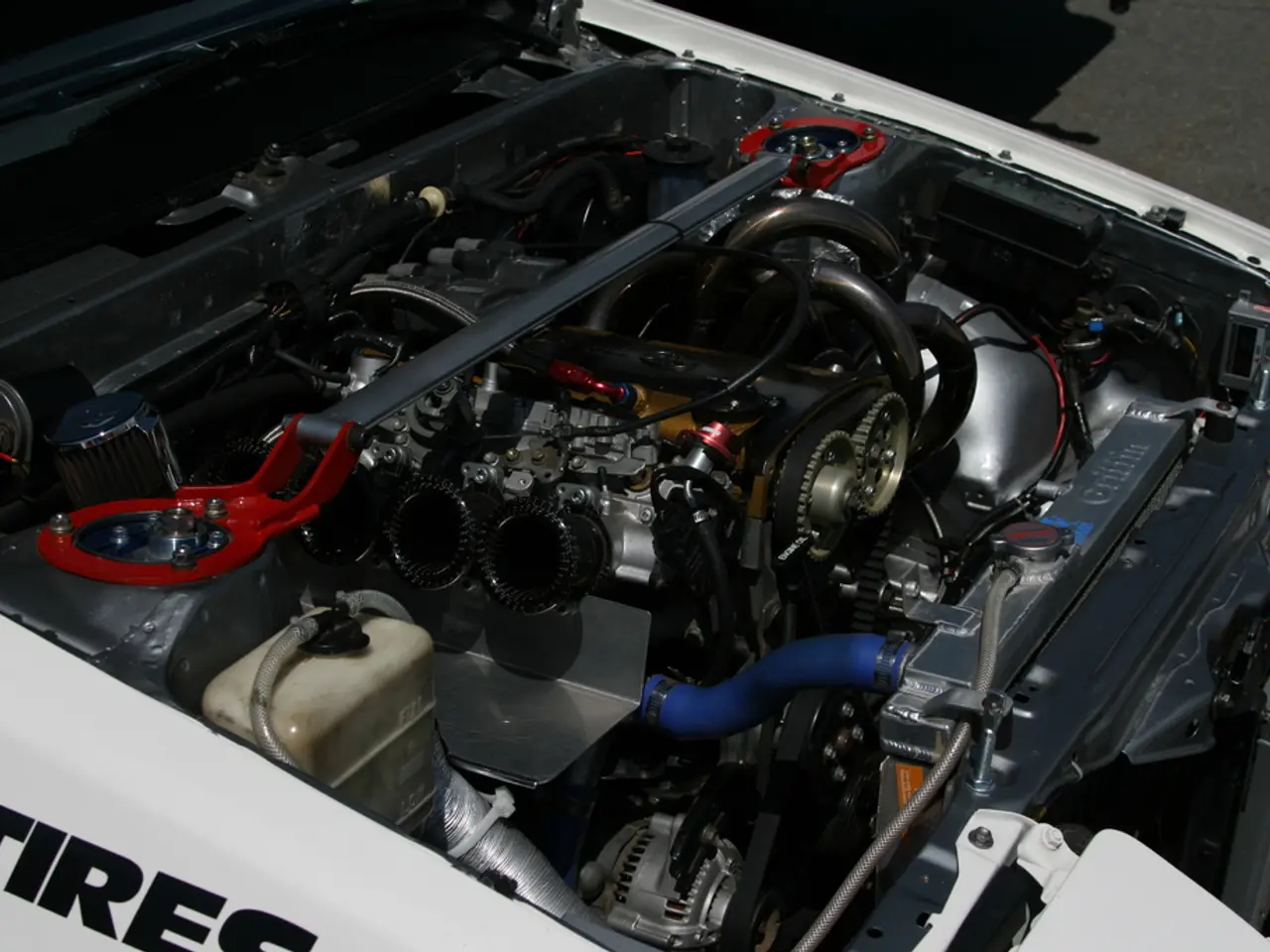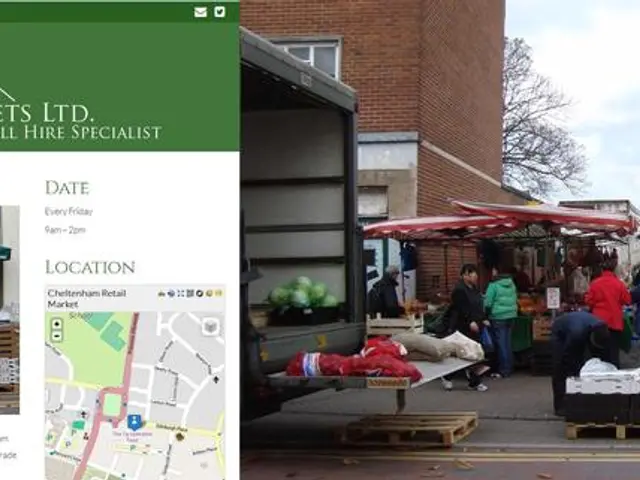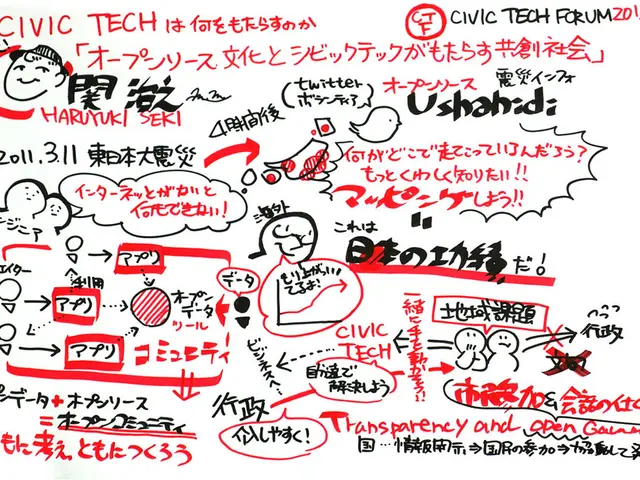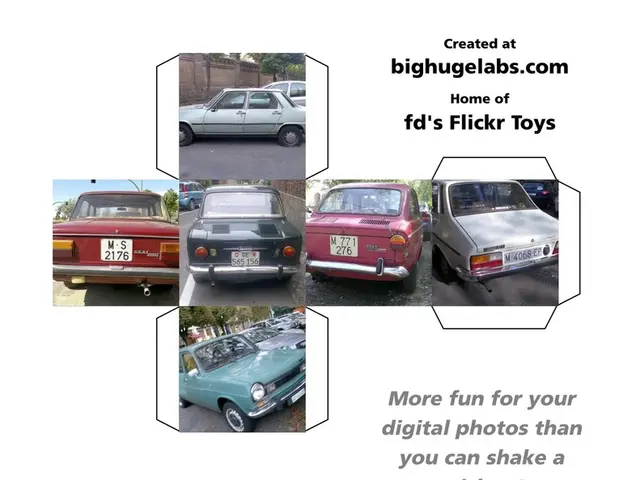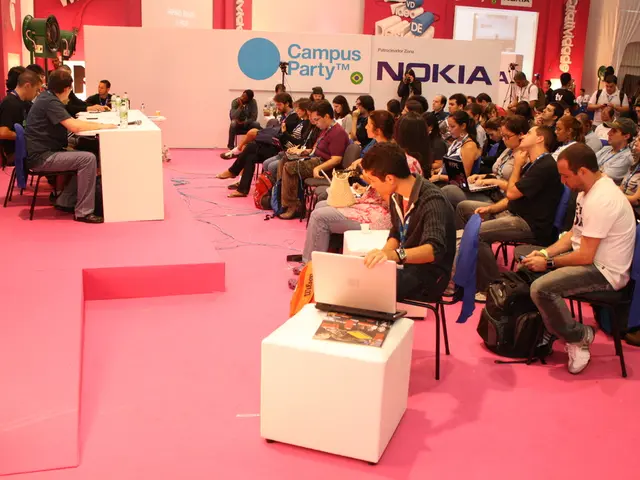Hydrogen generation from Stuttgart Port using green technology
In the heart of Germany, Stuttgart is positioning itself as a hub for hydrogen technology innovation and industry collaboration. The city's strategic location is underscored by events such as the upcoming hy-fcell 2025, a major international trade fair and conference focused on hydrogen and fuel cell technology, set to take place on October 7-8, 2025 [1][2].
Major players like Bosch are advancing hydrogen production technology, working on PEM electrolysis stacks and integrated hydrogen systems, with projects at their Bamberg site for industrial-scale production [3]. Stuttgart's role in this field is further emphasized by the presence of companies like Daimler Truck, which is developing fuel cell systems for heavy-duty trucks and aviation applications [1].
However, the specifics of a green hydrogen production project in Stuttgart, including its investment and future demand, remain undisclosed. Yet, related hydrogen activities and events in the city indicate an active role in developing hydrogen technologies and infrastructure [1][2].
Recently, Stuttgart's municipal utility company announced plans to build and commission three electrolysis units for producing green hydrogen by the end of next year. The project, which is the largest in Baden-Württemberg, will initially produce around 1,000 tons of green hydrogen annually in the Stuttgart harbor, with the potential to increase production to 1,200 tons annually with an additional electrolysis unit [4].
The produced hydrogen will be used in industry, fuel cell buses, and trucks. Moreover, waste heat from electrolysis will be utilized for heat supply, theoretically enough for up to 1,200 households. Approximately 50 million euros will be invested in the overall project, with around 17 million euros covered by EU, state, and Stuttgart region funding [4].
A pipeline from Stuttgart-Gaisburg to the Esslingen city border will be constructed along with the electrolysis units. The operation will orient itself to the electricity market, producing when there is a lot of renewable energy available. Stuttgart's Mayor and Chairman of the Supervisory Board of the municipal utility, Frank Nopper (CDU), stated that they are ushering in a new technological era [4].
Baden-Württemberg's Minister of the Environment, Thekla Walker (Greens), considers the Stuttgart project a milestone demonstrating the implementation of the energy transition. Direct supply contracts with renewable energy producers have not been concluded. The municipal utility plans to build a hydrogen refueling station and acquire three fuel cell vehicles for its own fleet [4].
For more information about the project, please contact Jürgen Schmidt at +49 711 66601-147 or j.schmidt@our website [4]. The project began with a symbolic groundbreaking ceremony, marking a significant step forward in Stuttgart's commitment to a sustainable future.
[1] https://www.hy-fcell.com/en/ [2] https://www.bosch.com/en/research-development/areas-of-activity/hydrogen-and-fuel-cell-technology.html [3] https://www.bosch.com/en/research-development/areas-of-activity/hydrogen-and-fuel-cell-technology/bosch-s-hydrogen-activities.html [4] https://www.stadtwerke-stuttgart.de/stuttgart-werden-grunwasserstoff-zentrum-europas/
